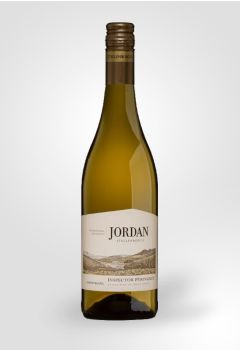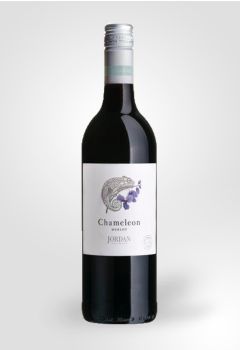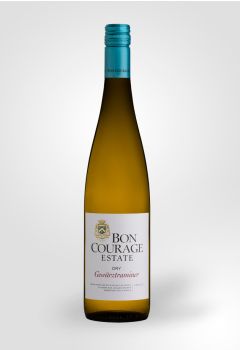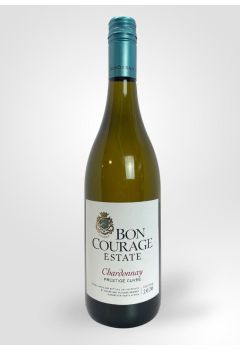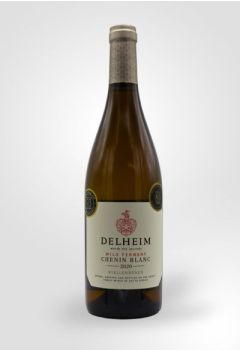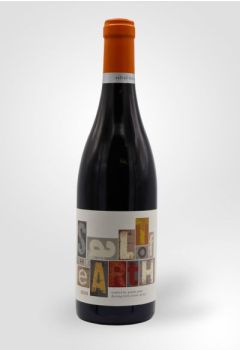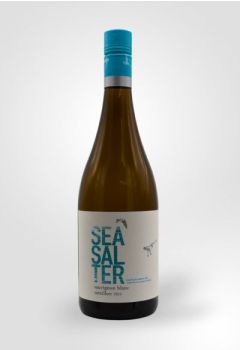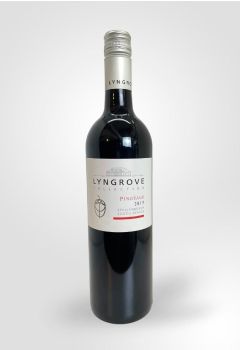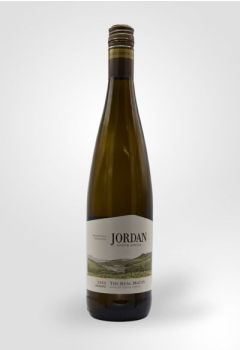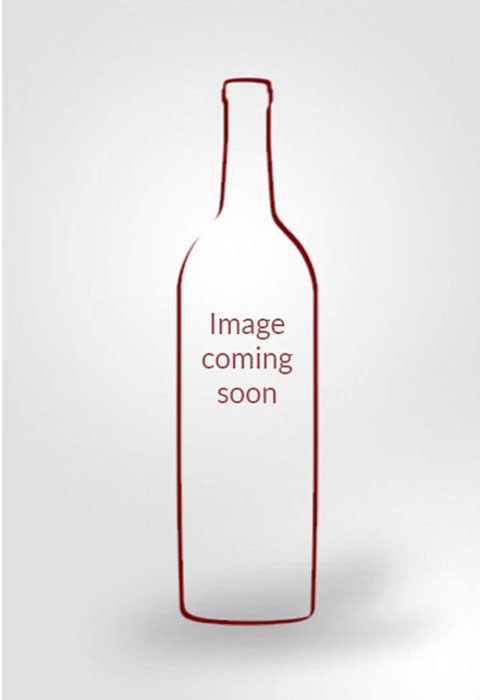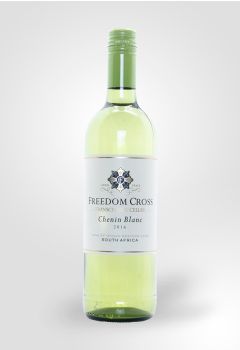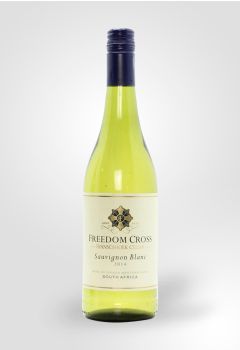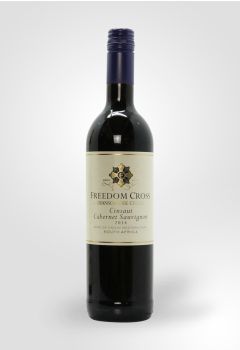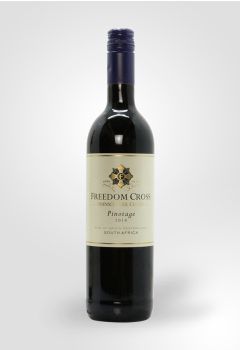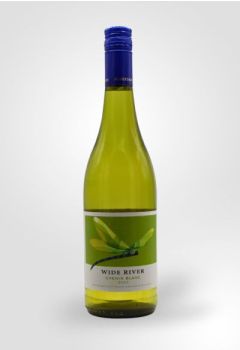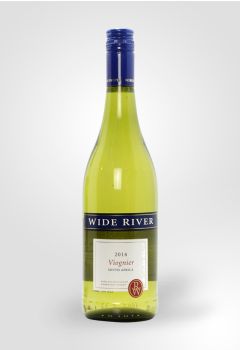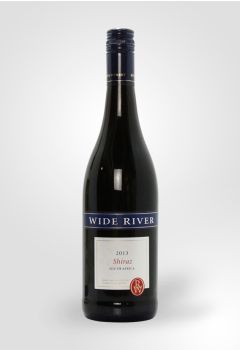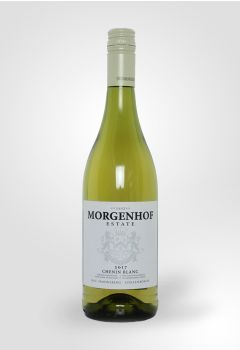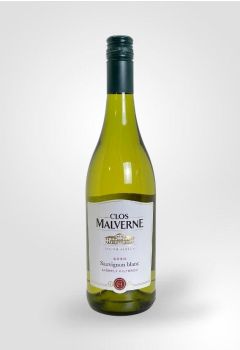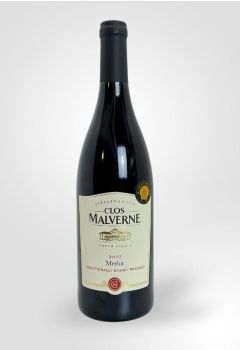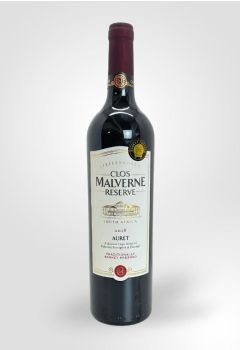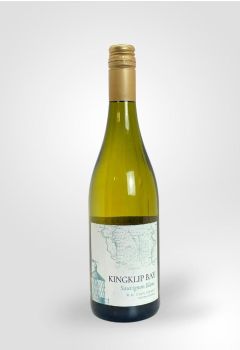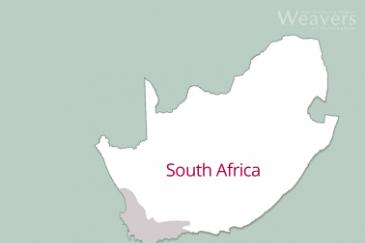
-
- Origin
- South Africa
- Stellenbosch
A rich and concentrated white with notes of white pear fruit and ripe pineapple. Long and balanced on the palate with a fresh citrus finish. Read More- Origin
- South Africa
- Stellenbosch
A rich and concentrated white with notes of white pear fruit and ripe pineapple. Long and balanced on the palate with a fresh citrus finish. Read More -
- Origin
- South Africa
- Stellenbosch
A well-made wine with sweet berry and dark chocolate notes. Rich and balanced with hints of soft prune and ripe plum. No sulphur was added to this win... Read More- Origin
- South Africa
- Stellenbosch
A well-made wine with sweet berry and dark chocolate notes. Rich and balanced with hints of soft prune and ripe plum. No sulphur was added to this win... Read More -
- Origin
- South Africa
- Robertson
An aromatic dry white, softly spiced on the nose with hints of flowery rose petals. Full and complex wine with a spicy dry finish. Read More- Origin
- South Africa
- Robertson
An aromatic dry white, softly spiced on the nose with hints of flowery rose petals. Full and complex wine with a spicy dry finish. Read More -
- Origin
- South Africa
-
- Origin
- South Africa
- Darling Hills
Dark cherries and plums, cedarwood and white pepper with savoury and violet notes typical of Shiraz from Darling. Cinsault offers lovely hints of fres... Read More- Origin
- South Africa
- Darling Hills
Dark cherries and plums, cedarwood and white pepper with savoury and violet notes typical of Shiraz from Darling. Cinsault offers lovely hints of fres... Read More -
- Origin
- South Africa
- Darling Hills
Fruit notes of passionfruit, yellow stone fruit, guava and fynbos. The palate offers tropical fruit notes with hints of salinity and minerality, Read More- Origin
- South Africa
- Darling Hills
Fruit notes of passionfruit, yellow stone fruit, guava and fynbos. The palate offers tropical fruit notes with hints of salinity and minerality, Read More -
- Origin
- South Africa
- Stellenbosch
This Pinotage is a classic style with a bit of spice and flavours of fresh plum, raspberry and toffee vanilla. It is a juicy, medium-bodied fruit-dri... Read More- Origin
- South Africa
- Stellenbosch
This Pinotage is a classic style with a bit of spice and flavours of fresh plum, raspberry and toffee vanilla. It is a juicy, medium-bodied fruit-dri... Read More -
- Origin
- South Africa
- Western Cape
The German clone grapes were vinified & once the perfect balance between sugar & acidity was reached, the fermentation was stopped to retain a hint of... Read More- Origin
- South Africa
- Western Cape
The German clone grapes were vinified & once the perfect balance between sugar & acidity was reached, the fermentation was stopped to retain a hint of... Read More -
- Origin
- South Africa
- Darling Hills
Wonderfully expressive on the nose & the palate with captivating notes of blackcurrant leaf, stone fruit & green apple together with hints of fynbos (... Read More- Origin
- South Africa
- Darling Hills
Wonderfully expressive on the nose & the palate with captivating notes of blackcurrant leaf, stone fruit & green apple together with hints of fynbos (... Read More -
- Origin
- South Africa
- Western Cape
Pale gold with a distinctive green hue and a well-balanced sweet nose of tropical fruit and honey. The palate offers citrus flavours with a hint of pe... Read More- Origin
- South Africa
- Western Cape
Pale gold with a distinctive green hue and a well-balanced sweet nose of tropical fruit and honey. The palate offers citrus flavours with a hint of pe... Read More -
- Origin
- South Africa
- Western Cape
The combination of the smooth, fruity Cinsault and the more complex blackberry Cabernet makes this an ideal easy-drinking red. Read More- Origin
- South Africa
- Western Cape
The combination of the smooth, fruity Cinsault and the more complex blackberry Cabernet makes this an ideal easy-drinking red. Read More -
- Origin
- South Africa
- Robertson
A rich medley of fresh apricot, peach and lemon flavours that follow through on the supple, slightly oily palate. Barrel fermentation in new small Fre... Read More- Origin
- South Africa
- Robertson
A rich medley of fresh apricot, peach and lemon flavours that follow through on the supple, slightly oily palate. Barrel fermentation in new small Fre... Read More -
- Origin
- South Africa
- Robertson
Delightful spicy wild herb undertones with black pepper and vanilla notes. This elegant wine is well balanced with a beautiful plum colour and a long ... Read More- Origin
- South Africa
- Robertson
Delightful spicy wild herb undertones with black pepper and vanilla notes. This elegant wine is well balanced with a beautiful plum colour and a long ... Read More -
- Origin
- South Africa
- Stellenbosch
A full to medium-bodied red bursting with delicious red berry fruits. Soft yet firm in the mouth with a perfectly balanced finish. Delicious! Read More- Origin
- South Africa
- Stellenbosch
A full to medium-bodied red bursting with delicious red berry fruits. Soft yet firm in the mouth with a perfectly balanced finish. Delicious! Read More -
- Origin
- South Africa
- Stellenbosch
Elegant and structured red with deep cassis flavours. Rich and full on the finish with great depth and character. Read More- Origin
- South Africa
- Stellenbosch
Elegant and structured red with deep cassis flavours. Rich and full on the finish with great depth and character. Read More -
- Origin
- South Africa
Flavours of tropical fruit and green apple with a refreshing finish. Read More
Chenin Blanc, known in South Africa as Steen, is widely planted and eminently drinkable and has been joined by Chardonnay and Sauvignon Blanc as the key white varieties. Red vines are being more widely planted and international varieties such as Cabernet Sauvignon, Merlot and Shiraz have all found places within the varied climate to thrive. It is the indigenous Pinotage, however, that flies the flag and gives South Africa an important grape of its own.
History
Apartheid may have been something of a watershed, but South Africa has been producing and exporting wine to great acclaim since the late seventeenth century. The Dutch East India Company introduced the vine, and the making of wine, in the belief that it combated scurvy, and the industry has never died out. It has, however, suffered many a setback. The collapse of the 19th-century export market to Britain, phylloxera, war, overproduction and the rise of an all-powerful, government-backed cooperative (the KWV) all dented quality and demand and it is only since 1990 that the wines of South Africa have become competitive and desirable once more.
The Classification System
In common with much of the New World, South Africa operates a classification system that is simpler, less revealing and more flexible than the major wine-producing nations of Europe. It is the Wine of Origin system and it was introduced in 1973. There are four regions - Coastal, Breede River Valley, Klein Karoo and Olifants River - that are divided into districts that are sub-divided into wards. In a country where the climate and conditions are so varied, a geographical system such as this makes sound sense and the different classifications are not entirely arbitrary. In addition, 85 percent of the grape variety and vintage must be that which is stated on the label.
Climate and Conditions
Diversity of climate, a new breed of winemaker, acceptance of international grape varieties and a willingness to persevere with their own established heritage means that South Africa today has a host of exciting and ever improving wines. Favourite international grapes may be achieving the most immediate results, but Pinotage and Chenin Blanc are producing good wines that in the right hands may even aspire to greatness.

